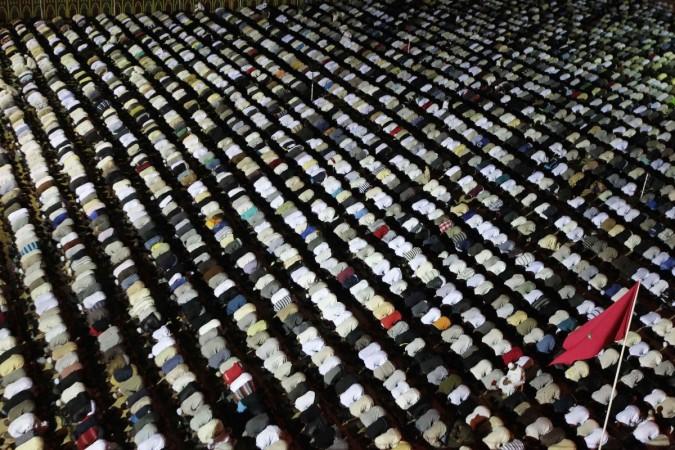
Ramadan, the holy Islamic month of fasting and prayers, is set to begin this month.
Muslims across the world will observe a strict fast, where they will not even take a sip of water from sunrise to sunset every day.
Here's a guide on everything about Ramadan, also referred to as Ramzan.
What is Ramadan and Why is it Observed?
Ramadan is the ninth month of the Islamic lunar calendar and is the holiest month of the year for Muslims. Observance of fasting and prayers during Ramadan is one of the Five Pillars of Islam.
Ramadan is meant to commemorate the time that the Quran was revealed to Prophet Mohammed on the night of 'Laylat Al Qadr'.
A chapter from the Quran reads - "The month of Ramadan (is that) in which was revealed the Quran, a guidance for the people and the clear proof for guidance and criterion. So whoever sights (the new moon of) the month, let him fast it; and whoever is ill or on a journey - then an equal number of other days. Allah intends for you ease and doesn't intend for you hardship and wants for you to complete the period and to glorify Allah for that (to) which He has guided you: and perhaps you will be grateful."
When Does Ramadan Begin?
The beginning of the month of Ramadan depends on the sighting of the moon. This year, it is expected to start on 18 June.
Fasting may begin at different times in different parts of the world based on the sighting of the moon. There are usually Islamic committees in each region to announce it.
Some reports suggest that Muslims around the world start fasting based on an announcement from Saudi Arabia.
Who Observes Ramadan?
All Muslims who have attained puberty, are healthy and fit, are meant to observe fasting during the month of Ramadan.
Women who are pregnant or menstruating, Muslims who are old or unwell, and children who have not hit puberty, are exempt.
How is Ramadan Observed?
Muslims fast each day during the month of Ramadan from sunrise till sunset, going without food or water.
Just before sunrise, Muslims eat a meal called 'Suhoor'. Fasts are broken at sunset with meals called 'Iftar'.
Muslims are also meant to observe sexual abstinence during Ramadan, and advised not to indulge in improper behaviour or abusive speech.
Muslims also offer the Taraweeh prayer every night by reading chapters of the Quran, and usually complete reading the Quran by the end of the 30 days of Ramadan.
What are the greetings for Ramadan?
People usually wish each other during the month of Ramadan with greetings such as 'Ramadan Mubarak' or 'Ramadan Kareem'.
What happens at the end of Ramadan?
Ramadan ends after a period of 30 days of fasting, which is marked with the Eid ul Fitr festival, one of the most important festivals for Muslims. It is also referred to as the Feast of Breaking the Fast.
Muslims celebrate the end of the 30 days of fasting in a three-day celebration.
Eid ul Fitr is celebrated with lavish meals, family gatherings and processions.
Eid ul Fitr is observed on the first day of Shawwal, which is the tenth month in the Islamic lunar calendar.









